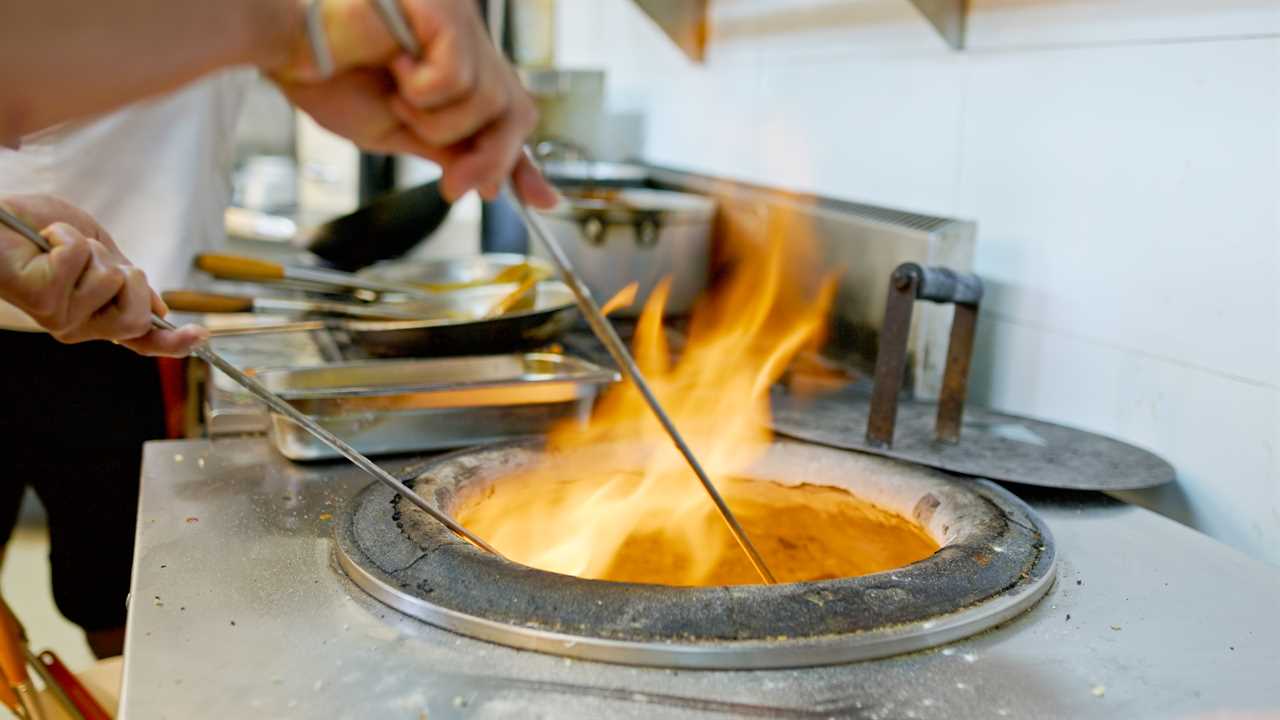
In the pursuit of Net Zero emissions, the traditional landscape of British curry houses faces a looming threat, raising concerns among industry leaders. The delicate balance between environmental sustainability and cultural heritage emerges as curry houses grapple with the transition to cleaner energy sources, particularly around the use of gas ovens.
The Cultural and Economic Significance
The British curry industry, with over 12,000 restaurants and a substantial economic contribution, stands at a crossroads. Oli Khan MBE, representing the Bangladeshi Caterers Association, highlights the existential threat posed by the shift towards clean electricity. The intricate flavours of beloved dishes like chicken tikka masala, deeply embedded in British culinary culture, face potential alteration due to equipment changes and rising operational costs.
The Impact on Local Businesses
Owners like Ruhul Hussain of Indian Lounge voice the struggles faced by family-run establishments, citing escalating costs and operational challenges. The broader context of increasing wages, energy expenses, and regulatory burdens compounds the pressures on these businesses, making sustainability measures a formidable hurdle to overcome.
Navigating Energy Transitions
The government's stance on transitioning away from fossil fuels towards electrification poses a significant dilemma for curry houses reliant on gas-powered cooking methods. As the industry grapples with the financial implications of equipment upgrades, concerns over taste authenticity and operational viability come to the forefront, painting a complex picture of sustainability efforts within a culturally significant sector.

A Political Landscape of Conflict
The political discourse surrounding Net Zero policies reveals a clash of ideologies, with opposition figures criticising the potential ramifications on small businesses. The rhetoric of 'currying favour' and 'meltdown' in political exchanges underscores the polarised views on environmental targets and their real-world implications, shaping the narrative around the challenges faced by curry houses.
In response, the government emphasises flexibility, indicating that traditional clay ovens can still be utilised under the proposed plans. This nuanced approach seeks to address the concerns of the curry industry while navigating the broader transition towards sustainable energy practices.
As discussions continue around the intersection of cultural heritage, economic sustainability, and environmental responsibility, the fate of British curry houses hangs in the balance. The intricate dance between tradition and innovation unfolds against a backdrop of evolving energy policies, underscoring the need for nuanced solutions that preserve culinary traditions while advancing environmental goals.
Did you miss our previous article...
https://trendinginthenews.com/uk-politics/immigration-reform-impact-on-foreign-care-workers-balancing-needs-and-controls






